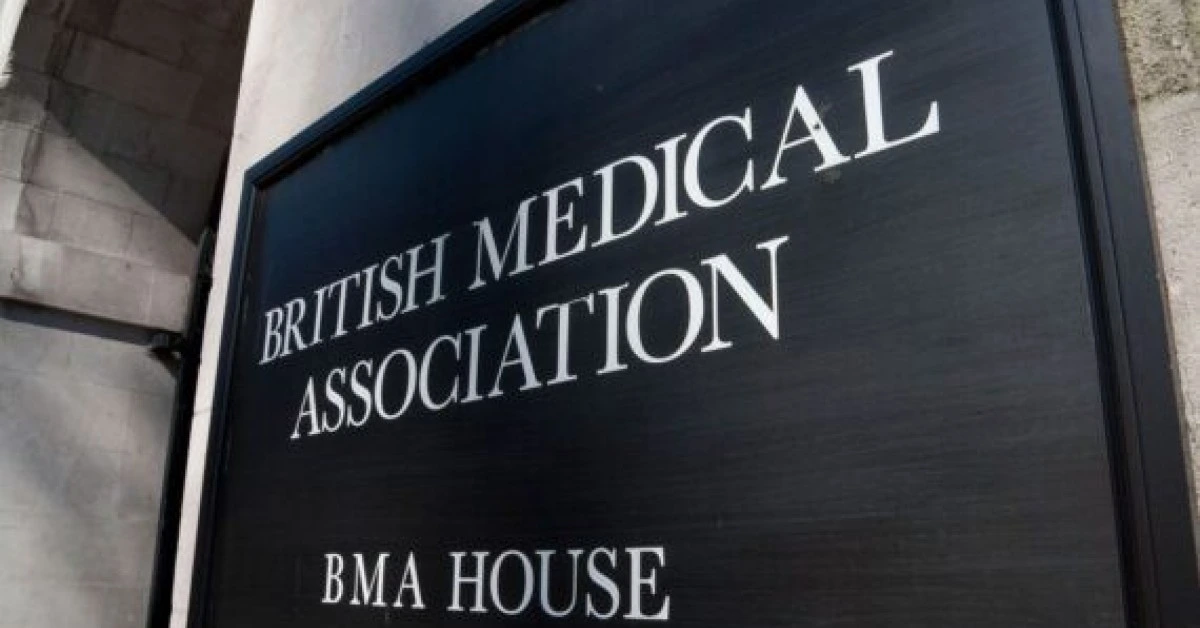
U.K. – The British Medical Association (BMA) has voiced concerns about the current state of NHS England, stating that it “has lost control of health service.”
The BMA highlighted issues such as systematic fragmentation and incremental cuts, which have made the NHS complex and unclear to frontline staff and patients.
They stress the importance of retaining essential expertise during this transition to achieve meaningful reform.
While some health leaders caution that the abolition of NHS England could cause “disruption,” others, including the BMA, have expressed cautious support for the decision.
The integration process is expected to take up to two years, with the government aiming to ensure that the restructuring leads to tangible improvements in patient care and system efficiency.
UK Prime Minister Sir Keir Starmer recently announced plans to abolish NHS England and integrate its functions directly into the Department of Health and Social Care (DHSC).
This move aims to reduce bureaucracy, cut costs, and place the National Health Service (NHS) under more direct government control.
Established under the 2012 Health and Social Care Act, NHS England was designed to operate with a degree of independence.
However, over time, it has faced criticism for inefficiencies and a perceived lack of accountability.
The COVID-19 pandemic further highlighted challenges within the organization, prompting calls for restructuring.
The proposed abolition is expected to result in approximately 10,000 job cuts, aiming to save hundreds of millions of pounds.
These savings are intended to be redirected to frontline healthcare services. Health Secretary Wes Streeting emphasized that this restructuring would streamline operations, eliminate unnecessary bureaucracy, and ensure that ministers have direct oversight of the NHS.
Figures released last week showed that the NHS elective procedure waiting list in January fell for the fifth month in a row, from 7.46 million to 7.43 million, a reduction of 193,000 since July 2024.
XRP HEALTHCARE L.L.C | License Number: 2312867.01 | Dubai | © Copyright 2025 | All Rights Reserved